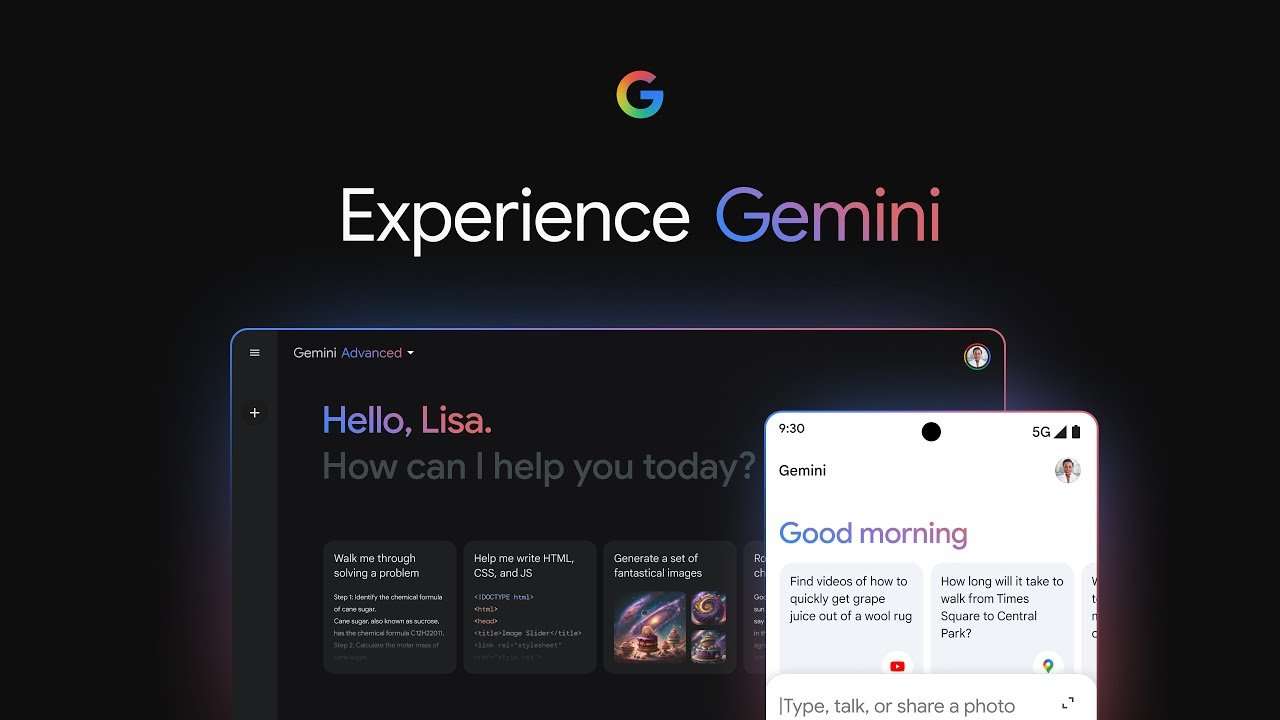Gemini AI Efficiency Explained
Google has disclosed striking details about Gemini AI’s efficiency. Each user prompt reportedly consumes just five drops of water and energy equivalent to nine seconds of television viewing. This statement comes as AI’s environmental impact sparks global debate.
Balancing Innovation with Sustainability
Artificial intelligence requires immense computational power. Training large models consumes massive amounts of energy and water. However, Google claims its Gemini AI is designed to minimize resource usage per query. This highlights the company’s push toward sustainable AI innovation.
Water Usage in AI Models
Cooling data centers demands significant water. Most AI companies remain silent about exact consumption. Google’s claim of “five drops per prompt” paints a picture of efficiency. If accurate, it suggests Gemini AI is less demanding compared to traditional AI models.
Energy Consumption Compared to TV
The comparison with nine seconds of television is strategic. It makes AI resource use relatable to everyday habits. Watching TV for a few seconds consumes energy most users hardly notice. Google’s analogy positions Gemini AI as a low-impact digital tool.
The Growing Debate on AI’s Carbon Footprint
Despite Google’s claims, environmental experts remain cautious. AI’s broader impact includes data center operations, training cycles, and electricity grids. Even if prompts are efficient, the full system footprint is significant. Transparency in reporting remains crucial to evaluate long-term sustainability.
Google’s Sustainability Commitments
Google has pledged to run entirely on carbon-free energy by 2030. The company continues to invest in renewable projects and green infrastructure. Its Gemini AI numbers reflect this commitment to reduce the environmental toll of advanced technologies.
Industry Comparisons and Challenges
Competitors like Microsoft and OpenAI have yet to share similar statistics. As AI adoption accelerates, demands for accountability will rise. Companies must balance innovation, efficiency, and sustainability while meeting global climate targets.
What This Means for Businesses and Users
For businesses adopting AI, efficiency matters. Lower energy and water consumption reduce costs and environmental concerns. Users may feel more comfortable engaging with AI platforms that highlight sustainable practices. Google’s numbers aim to build trust and reinforce its leadership.
The Future of Green AI
AI will continue to shape industries, but its environmental cost cannot be ignored. Google’s Gemini AI data offers optimism, though independent verification is needed. The future of AI must align with green technology to ensure responsible growth.
Final Thoughts
Google’s claim about Gemini AI’s water and energy efficiency sets a new benchmark in the industry. While skepticism remains, the transparency marks a positive step. Sustainable AI innovation could define the next chapter of digital transformation.


